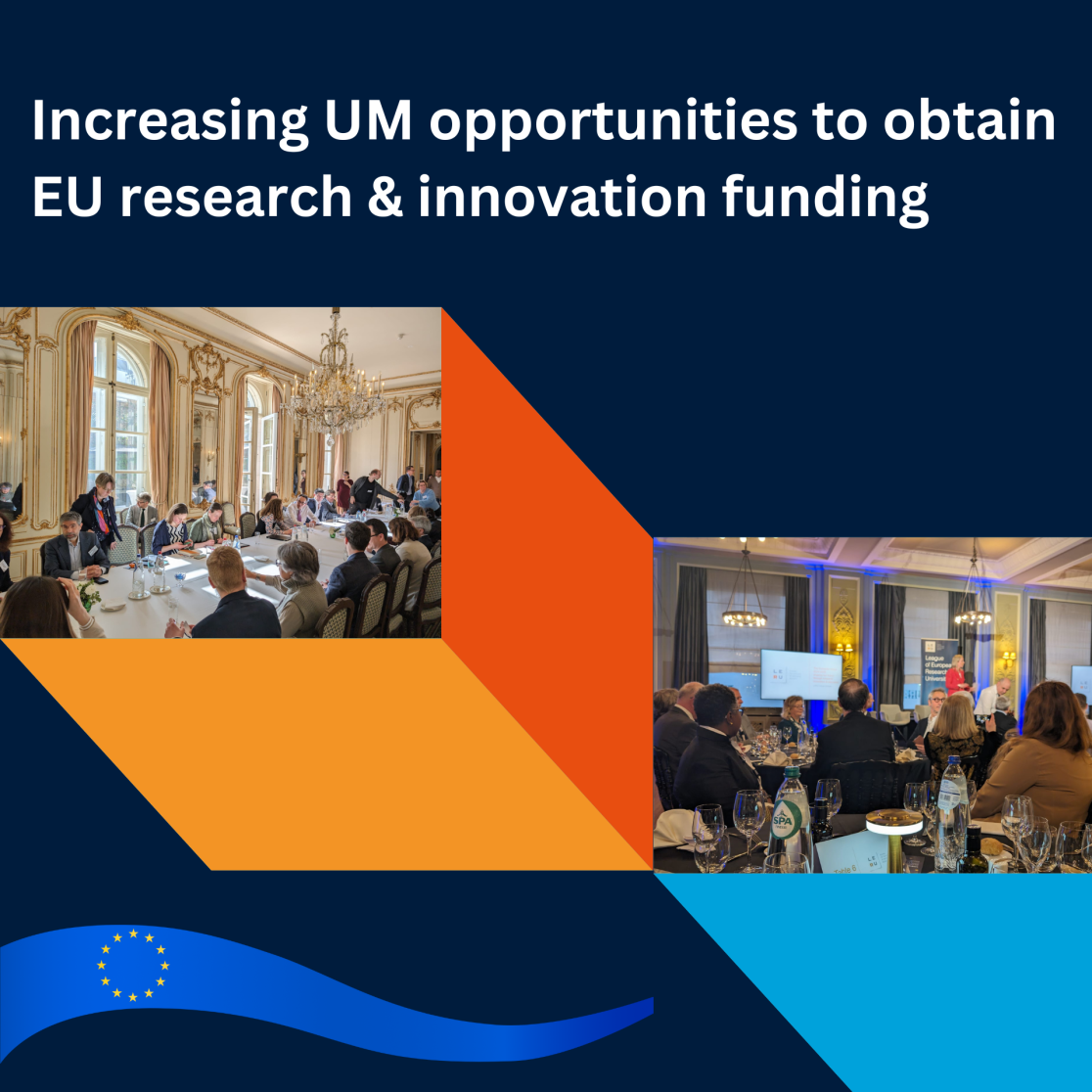Clinical Neurosciences

Respiratory Medicine

Clinical Neurosciences

Respiratory Medicine

The programme of 60 credits (ECTS) is composed of key courses taken from the bachelor's in Arts and Culture. You will gain a foundational knowledge in the field of study, get acquainted with Problem-Based Learning (PBL). You will also train skills like speaking in English in public.
The master's in Arts and Culture has three specialisations: Arts and Heritage, Contemporary Literature and Arts, and Modern Political Culture. In your pre-master, you have choice options that will prepare you for one of these specialisations.
Click here to view the complete programme overview of 2025/2026.
Education and Examination Regulations
There is a an EER (Education and Examination Regulations) for this pre-master's programme. are part of the EER for all FASoS master’s programmes.
| Period | Code | Title | Credits |
|---|---|---|---|
| 1 | ACU3005 PMG1000 | Arts and Culture: Policy and Politics Introduction Academic Skills* | 12 0 |
2 Choose | ACU3004 MCD3001 Double package: | Crucial Differences in the 21st Century Ruling Europe: the Making and Unmaking of Political Orders after the French Revolution | 12 12 9
|
| PMG1001 | Academic Writing for Pre-masters | 1 | |
| 3 | ACU3910 | Wicked Problems: Current issues in Policy, Art and Law | 6 |
| 4 | ACU2017 | Art, Literature and Technoscience | 9 |
Choose 1 of 3: | ACU2508 EUS3508 EUS3500 | 3 4 4 | |
| 5 | ACU2007 Skill ACU2509 | 8 3 | |
| 3-6 | AHE9010 | Literature exam*** | 4, 5 or 6 |
* PMG1000 is offered but there will be no result nor will it show on transcript.
** Premaster students will obtain 8 ECTS for Power and Democracy
*** Depending on the student’s choices in period 2 and 4, the literature should either count for 4, 5 or 6 ECTS. The student should obtain a total of 60 ECTS in order to graduate for the premaster.
In 2024-25 the study fee for this programme was € 2,530 (for EU and non-EU students). The study fee for 2025-26 will be announced on this page as soon as possible.
For more information, see the enrolment provisions (art. 28).
For admission to the pre-master's programme you must have either a relevant bachelor's degree from a university of applied sciences (HBO) or another BA or BSc title that does not grant direct admission into the master's programme. You also must satisfy the language requirements.
The Admissions Committee of the programme will decide whether you are admitted.
As English is the language of instruction in this study programme, it is essential that your English language skills are good enough for you to undertake intensive and challenging academic courses that are taught and examined in English.
Please note: the language of instruction and examination is English. Students may choose to take an exam in Dutch, but need to indicate this before the start of each course.
Answer the questions below to find out if you meet the language requirements.
Applicants who received their previous education in a non-EU/EEA country will have to pay a handling fee. More information on this handling fee and how to arrange this payment can be found on the Handling fee web page.
Ready to apply? The application and enrolment process consists of three phases. More information on each of these phases is provided below. Carefully read through the information provided and make sure to complete all tasks as soon as possible (and definitely before the indicated deadlines).
To start the application process for this pre-master's programme, you first need to apply via Studielink. Studielink is the Dutch central organisation that keeps track of applications and enrolments at institutions of higher education in the Netherlands. In Studielink, you can apply by indicating which study programme at Maastricht University (UM) you would like to apply for, that you’d like to start the programme in September, what previous education you followed, and you might need to provide a number of other details.
Studielink offers two methods of signing in: with or without using DigiD:
If you do not (yet) live in the Netherlands, you can register by creating a Studielink account (without DigiD). As your personal details will not have been verified through DigiD, UM will check your personal details.
You will receive an email from UM within 24 hours of having applied in Studielink. This email contains your username/UM student number and a link to create your personal password. You can use these login details to access the MyApplication portal, the online environment in which the rest of your application process will take place. The portal will provide you with a clear overview of all the tasks you need to complete, such as uploading documents and paying your tuition fees.
To allow UM to assess whether you qualify for admission to the study programme of your choice, you need to complete a number of tasks in the MyApplication portal, the online environment in which the rest of your application process will take place. All the tasks you need to complete, such as uploading certain documents, will be presented here in a clear overview. You can log into the portal using your username/UM student number and the password you have created (your login name and an explanation on how to create your own password are provided in the email you received from us after your application in Studielink).
Make sure you fulfil the tasks indicated in the MyApplication portal on time. This means that you should upload documents as soon as you have finalised them and/or have them in your possession. The sooner you complete a task, the sooner we can give you feedback if you need to add or correct anything. Please pay attention to the deadlines indicated, as they can differ per study programme.
Once you have completed all of your admission tasks, your application dossier is ready to be presented to the Board of Admissions. Depending on your programme, this will be done immediately when it is complete (rolling basis), or after an indicated deadline.
During the application process for this pre-master's programme, you will need to complete a number of tasks for which you will often have to upload documents in the ‘MyApplication portal’:
From now on, you will receive important information and calls to action regarding your application in the message inbox in the MyApplication portal. We recommend that you regularly log in to the portal to make sure you stay updated. However, we will also notify you of important changes via the email address you provided to Studielink.
Once you have been offered a place in the pre-master's programme, you need to arrange your enrolment. The tasks you need to complete to be enrolled are listed in the MyApplication portal under ‘Enrolment tasks’. You can find a brief overview below.
Every applicant will need to pay their study fee. More information on how to go about arranging your study fee payment is provided in the task description in the MyApplication portal.
Once you’ve received an invite to pay your study fee, it is important that you indicate how you wish to arrange your payment (in Studielink). Do so on time (in any case before the start of your studies). Please also make sure that you pay (the first instalment of) your study fee in a timely manner. Otherwise, you won’t be able to start your studies.
Dutch diplomas
Did you acquire the diploma on the basis of which you have been offered a place in your study programme in the Netherlands? Then DUO will pass on their verification of your diploma to UM. No further action on your part is required.
Non-Dutch diplomas
Did you acquire the diploma on the basis of which you have been offered a place in your study programme outside of the Netherlands? Then you will need to send a copy of that diploma.
Have you completed your previous education outside of the Netherlands and will you not receive your diploma before the start of your study programme? Then you can send a graduation statement.
More information on the requirements for a (certified) copy of a diploma and for a certified graduation statement, as well as the address these documents should be posted to, is provided in the task description in the MyApplication portal.
UM can only enrol you if you have completed all the tasks in the MyApplication portal. Please make sure this is the case, so that your application and enrolment can be completed and you’ll be ready to start preparing for your studies as soon as possible.
When you have been enrolled for your study programme at UM, you will receive confirmation of this from UM (in the message inbox in the MyApplication portal) and from Studielink (by email).
UM email account
Before you start your studies, you will receive the login details for your UM email account. Your UM email address will be used for all correspondence about your introduction programme and the start of your studies. Your private email address will only be used to inform you about the application and enrolment process.
Please note that Maastricht University can only formally apply for your visa/residence permit if you have met all admission and enrolment requirements.
This means you have to have completed all admission and enrolment tasks in the MyApplication portal (except the ‘visa/residence permit’-task and the ‘send certified copy of diploma’-task) before we can send your application to the IND (Dutch Immigration and Naturalization Service).
We have to send the application to the IND before 1 July if you are starting your studies in September. Please note: a few pre-master and master programmes offer a start in February. If you’re study programme offers a start in February and you want to start your studies in February, we have to send the application to the IND before 1 December. You can find out if your study programme offers a start in February on the admission requirements web page of that programme (pre-master’s, master’s).
Therefore, we strongly recommend that you reconsider applying for this study programme if you are not sure that you will meet the following requirements before 1 July/1 December (if applicable in your situation):
When you want to apply or are applying to this study programme, it is useful to know how we assess your application. You can find more information about this below.
The Admission Board of the programme will decide whether you are admitted.
After they have decided on your application, you will receive an email regarding acceptance or rejection to the pre-master year.
At FASoS, we offer our prospective students the opportunity to join a campus tour on 18 December, 12 March 2025 and 7 May 2025. During this campus tour, one of our student ambassadors will show you our faculty, inner city and all important UM buildings. Are you not able to come one of the aforementioned dates? Don't worry! We also offer campus tours during our Open Days, Experience Days and Introduction Days. Are you not able to come from abroad for a campus tour? We also offer a virtual campus tour! Check it out through the interactive video on the left.
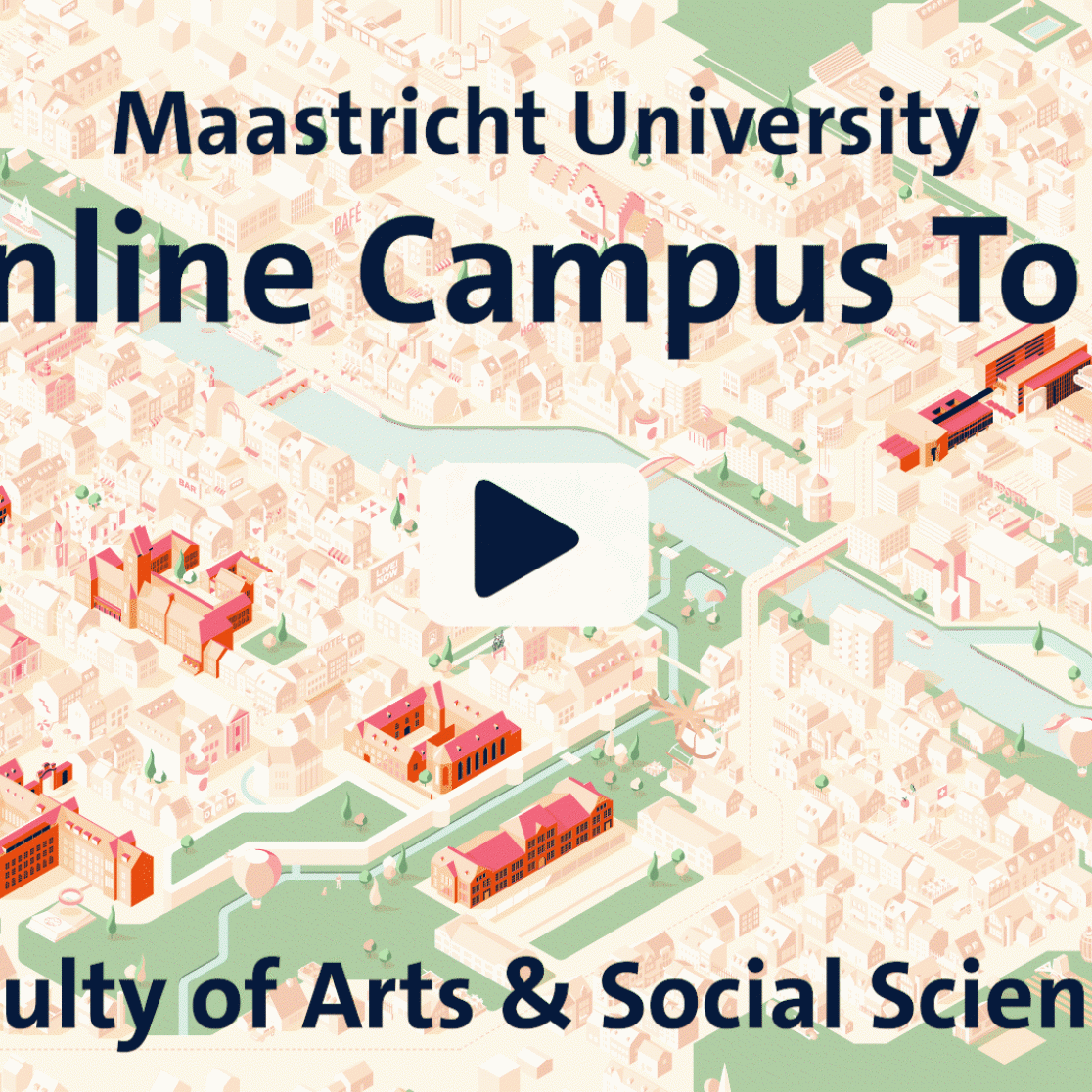
CAPHRI is one of Maastricht University’s largest research institutes, focused on Health Care Innovation and Public Health Research.
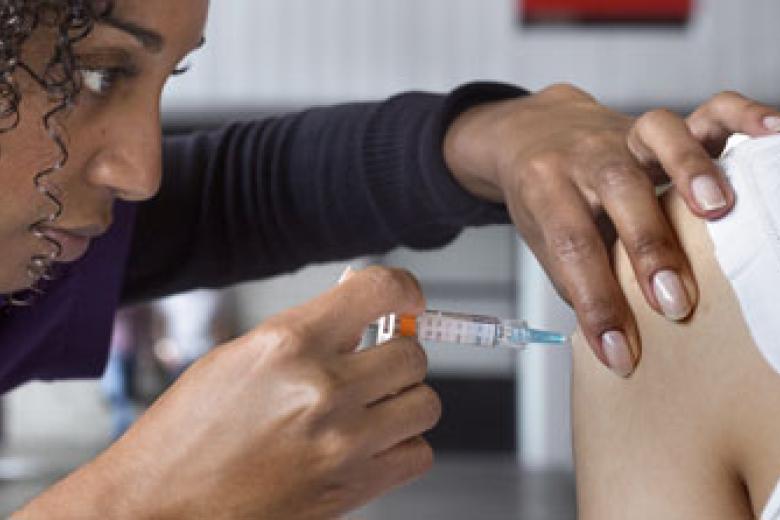
CARIM is one of the top institutes for translational cardiovascular research in Europe. It is among the world leaders in the fields of research into vascular and thrombotic disorders and atrial fibrillation as well as translational heart failure research.

The Research Institute for Oncology and Reproduction (GROW) focuses on research and teaching of genetic and cellular mechanisms, as well as environmental and life-style factors that underlie normal (embryonic and fetal) and abnormal (cancer) development.

NUTRIM Institute for Nutrition and Translational Research in Metabolism aims to contribute to excellence in health maintenance and personalized medicine by unraveling lifestyle and disease induced derangements in metabolism and by developing targeted nutritional, exercise and drug interventions.

SHE provides high quality multidisciplinary research and teaching and helps to innovate educational programmes. By providing the basics, SHE educates future leaders and opens the door for better healthcare in the future.
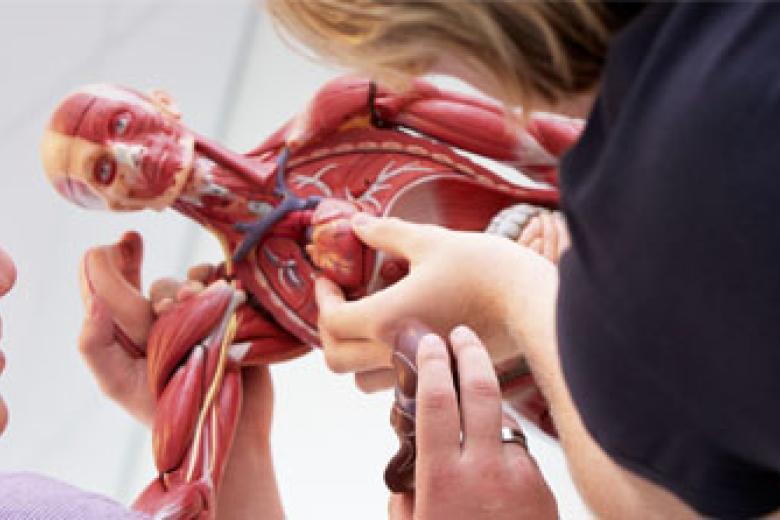
MHeNs performs high-impact neuroscience research and educates master's students PhD researchers. MHeNs performs translational research, meaning practical collaboration between researchers in the lab and in the hospital .

M4I aims to be a leading international molecular imaging center relevant for science, education, economy and society. The institute aspires to generate a high-end research environment and a unique knowledge infrastructure, attractive to top researchers from all over the world.
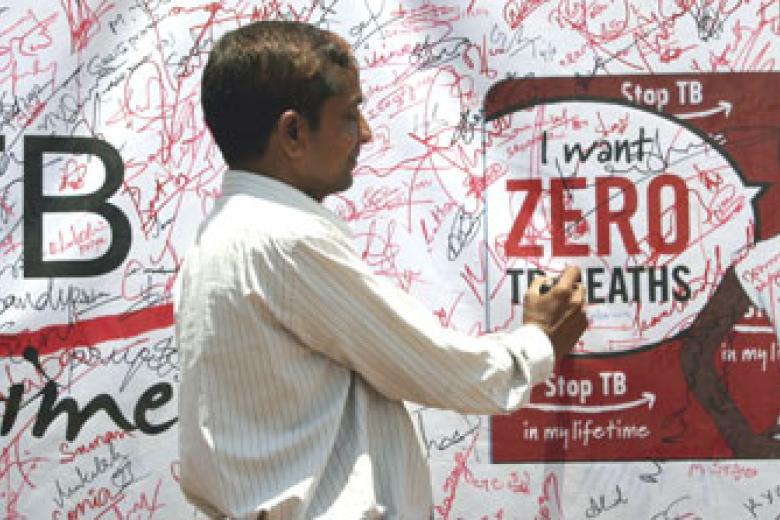
The Institute for Technology-Inspired Regenerative Medicine (MERLN) strives for a leading position in the field of biomedical engineering by combining creative research with training of an interdisciplinary generation of scientists.

Please submit and complete your application before 15 January 2025 and indicate in Studielink that you want to be admitted based on Colloquium Doctum. The following documents need to be uploaded in the MyApplication Portal:
Please note: In order to be admitted based on Colloquium Doctum you must arrange obtaining the certificates yourself.
Once you passed the exams, you need to upload the three certificates in the MyApplication portal. Notify the UM Admissions Office via email (study@maastrichtuniversity.nl) when you have uploaded the certificates.
MUNDO activities revolve around – mostly large scale – collaboration projects, aiming at institutional capacity building and human resources development. MUNDO projects include, among others, staff development and staff exchanges, technical assistance, workshops, fellowships, research cooperation, infrastructural development, etc.
Most projects are funded externally, for instance, by donor agencies like the Netherlands government and the European Commission. In the execution of its projects, MUNDO draws on the broad expertise of Maastricht University's staff and their experience with innovative, student-centred, Problem-Based Learning approaches.
Click to view a complete overview of the current Mundo projects.
University for Development Studies,
Tamale, Ghana
School of Hygiene, Accra, Ghana
Catholic University of Mocambique,
ISCISA Mocambique
UM institutes and centres active in globalization and development:
Maastricht University is also member of the:
UM educational programmes incorporating (aspects of) Global Development themes:
In our rapidly globalising world, people and societies are increasingly interdependent. Many problems and challenges we face locally are (manifestations of) global problems that require global solutions.
Maastricht University has committed itself to the need for sustainable growth and fair development as an answer to today's global development challenges. These include global inequality and poverty, the protection of human rights (especially those of women and children), conflict and security, combatting disease and poor health, the need for education, migration, addressing climate change and environmental degradation, and much more. The Sustainable Global Development Goals (SDGs) and targets agreed in 2015 are an important reference. The UM integrates an understanding of such critical issues into its education and research, and uses real-world problems and challenges as study material in its curriculum, so that students start to work right away on issues and challenges they will face in their future careers.
People around the world will have to work together to address these challenges, on local and global levels. Knowledge is the principle key to address these global challenges. International cooperation is another. Maastricht University in many ways works on addressing these issues.
Click here for an overview of UM institutes and centres that are active in globalization and development.
The part-time PhD programmes for professionals at the Maastricht University Brussels Hub offer a unique opportunity to obtain a doctorate degree to enhance your professional career. The programmes are designed to equip you with the skills necessary to research and complete a PhD project, and offer individual supervision by professors of Maastricht University that will be tailored to your own work commitments and according to your preferred study schedule.
PhD Programme for Professionals European Studies
If you wish to apply to the Part-time PhD Programme in European Studies please download the step-by-step guide for applicants below. If you have any questions EU Studies you are welcome to contact the director of the programme, Dr Gergana Noutcheva
Step-by-step guidelines for applicants
Read the interviews of the PhD graduates of the part-time PhD Programme for Professionals in European Studies to learn about their experience, research and lessons learnt.

As the capital of the European Union (EU), Brussels is home not only to the EU institutions, but also to the Brussels representations of thousands of organisations, public and private – much like the UM Brussels Hub. This creates a unique opportunity to build networks that strengthen our international collaborations with strategic partners from across the globe.
The Hub regularly represents UM in meetings and platforms to establish connections that the entire UM community can benefit from. This ranges from policy-makers, through Brussels-based university liaison offices, researchers from other organisations, and our own UM alumni community in the EU capital. Having a good network is a precondition for organising activities in Brussels and for accessing information on upcoming policy and funding initiatives before they are available to the public, which gives UM an edge over other universities that do not have their own Brussels office.
Check out a selection of past activities organised in Brussels here
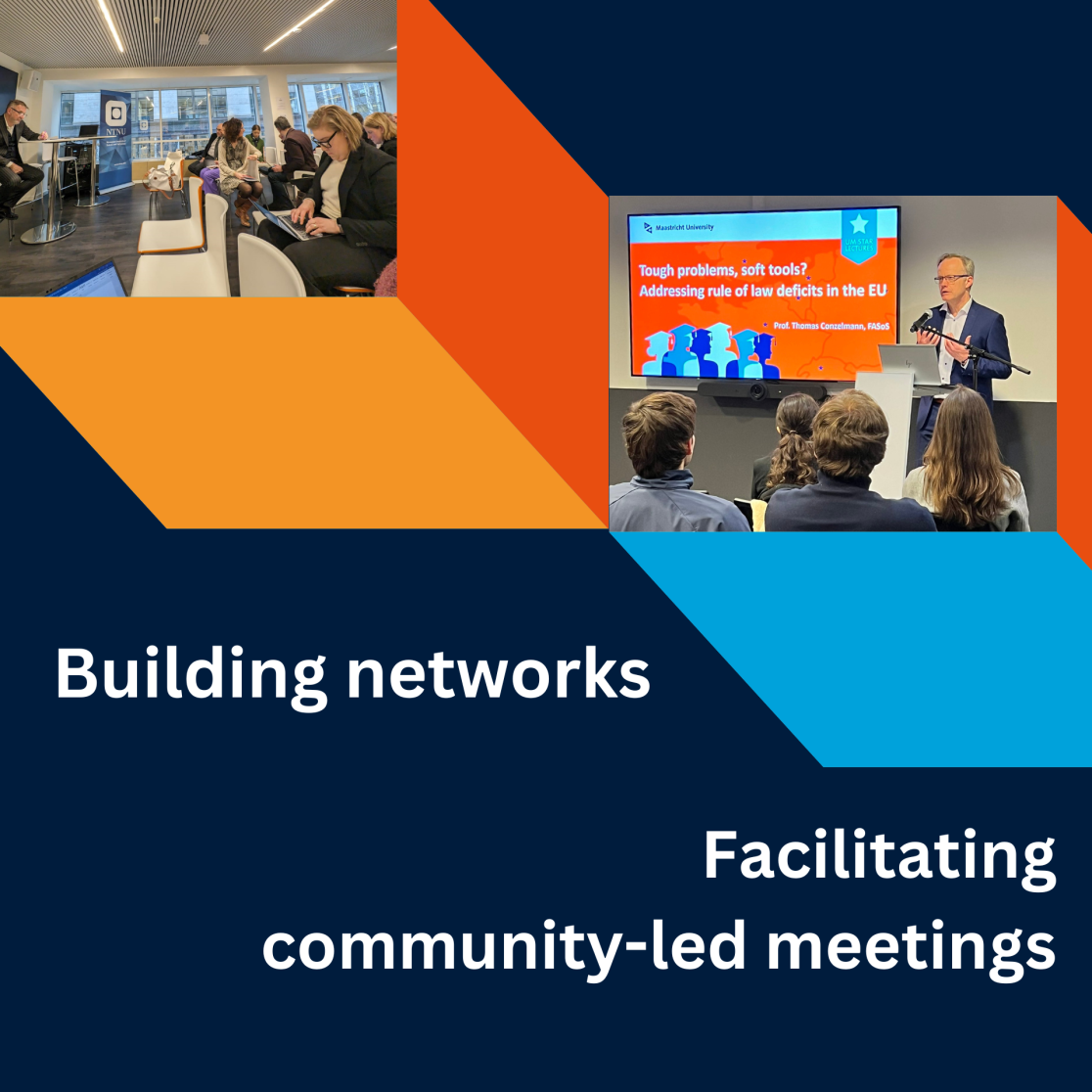
Monitoring and advising on EU policy at Maastricht University's Brussels Hub ensures the university's interests are represented, influencing higher education and research funding decisions. This role identifies and secures EU funding, fostering financial and academic growth. It also connects the university with EU institutions and stakeholders, enhancing its profile and impact in Europe and positioning it as a leader in shaping European education and research policy. To take advantage of all these possibilities, the Hub works closely with Academic Affairs and the faculty-based funding advisors.
The Hub participates in the UniLion network which comprises of 54 liaison offices from over 150 universities, pools expertise to monitor EU policy and funding, facilitating consortia for EU-funded projects. The network also gives UM access to both the research departments and the executive leadership of member universities; this makes it an excellent arena through which to build consortia for EU-funded projects, which increases UM’s opportunities to obtain funding.
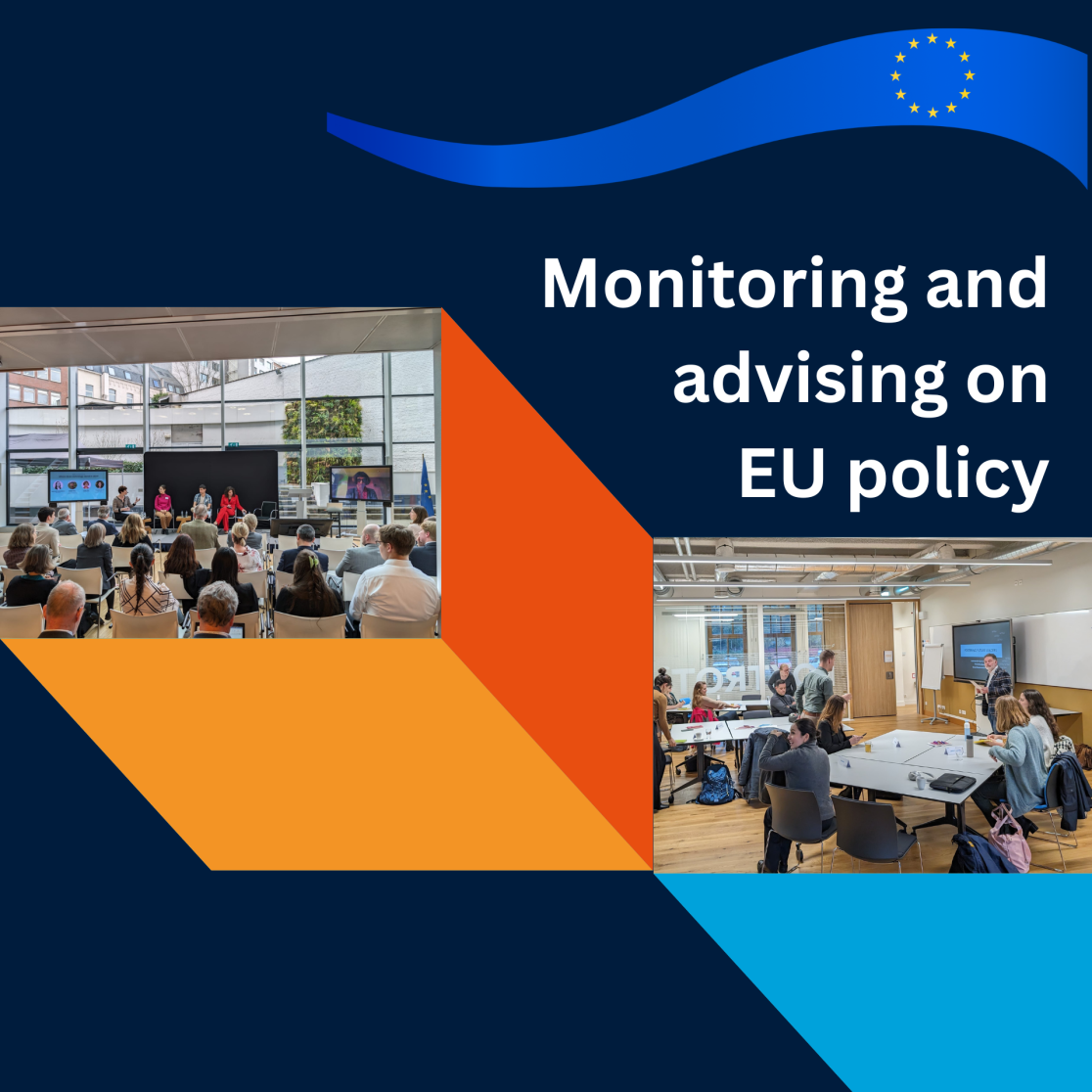
Positioning UM and advocating for its interests is important to ensure the university's priorities are represented in policy discussions, which can influence decisions affecting higher education and research funding. It also enhances the university's visibility and reputation, attracts funding opportunities, fosters collaborations, and positions UM as a leader in the academic community. This strategic advocacy supports the university's growth, innovation, and impact on European and global education policies.
For example the Hub contributed to a YERUN (Young European Research Universities) position paper on enhancing academic careers. This involvement highlights the importance of positioning UM and advocating for its interests by influencing policies that affect academic careers, raising the university's profile, and showcasing its commitment to improving academic standards. It fosters strategic partnerships, supports young academics, and aligns UM with EU priorities, thereby enhancing its reputation and impact within the European academic community. Read the position paper here.
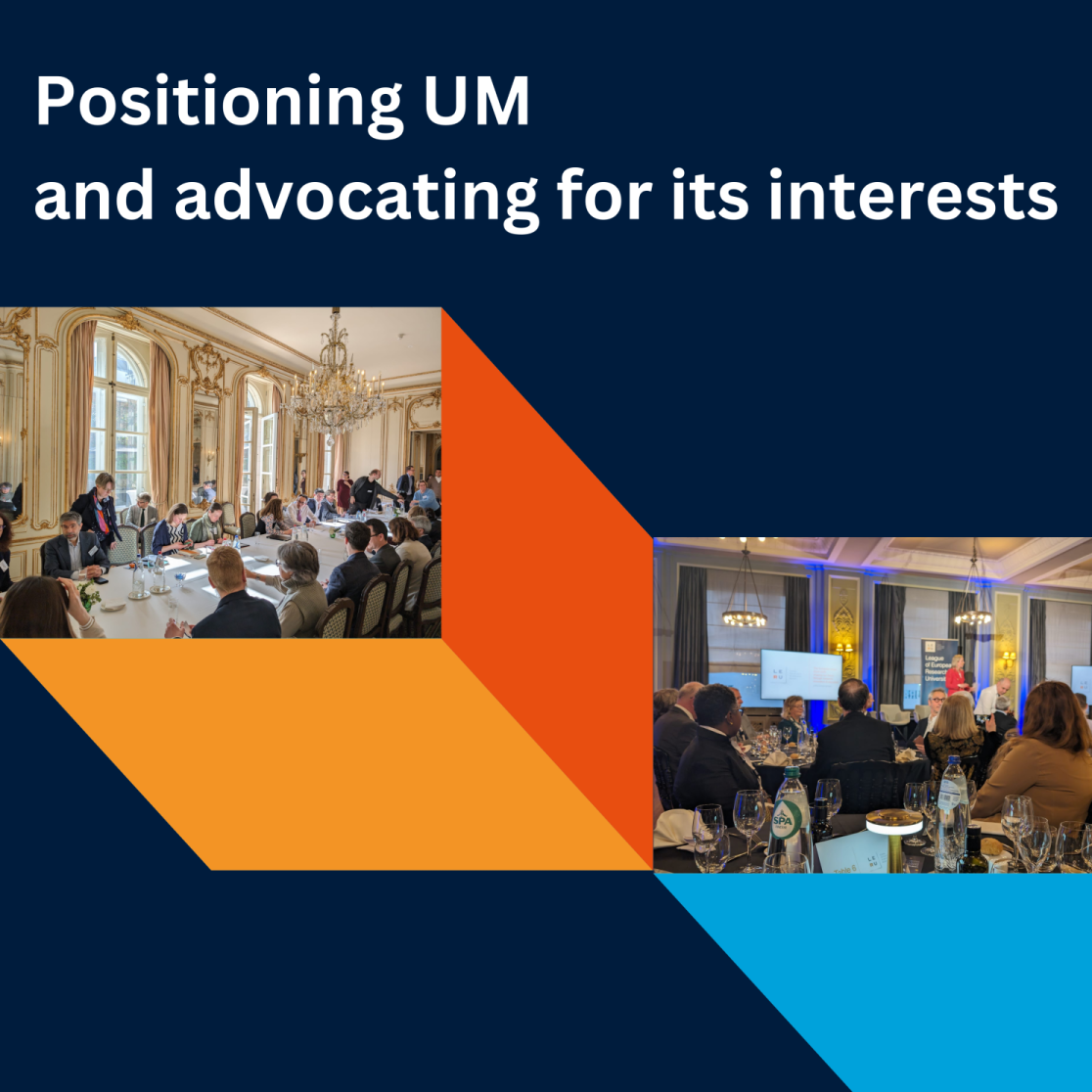
Increasing UM's opportunities to obtain EU research and innovation funding is crucial for advancing its research capabilities and academic growth. Identifying funding opportunities before they are publicly available allows UM to prepare competitive proposals ahead of time, giving it a strategic advantage. Additionally, facilitating UM's participation in brokerage events connects researchers with potential partners and collaborators, increasing the chances of securing funding through well-formed consortia and innovative project ideas. These efforts in-turn, aim to increase UM's funding and enhance its reputation and influence in European research.
